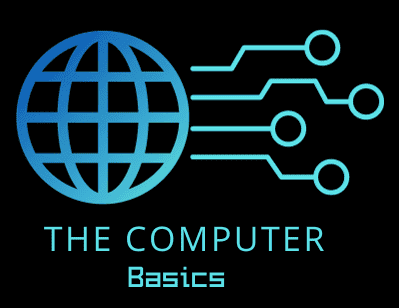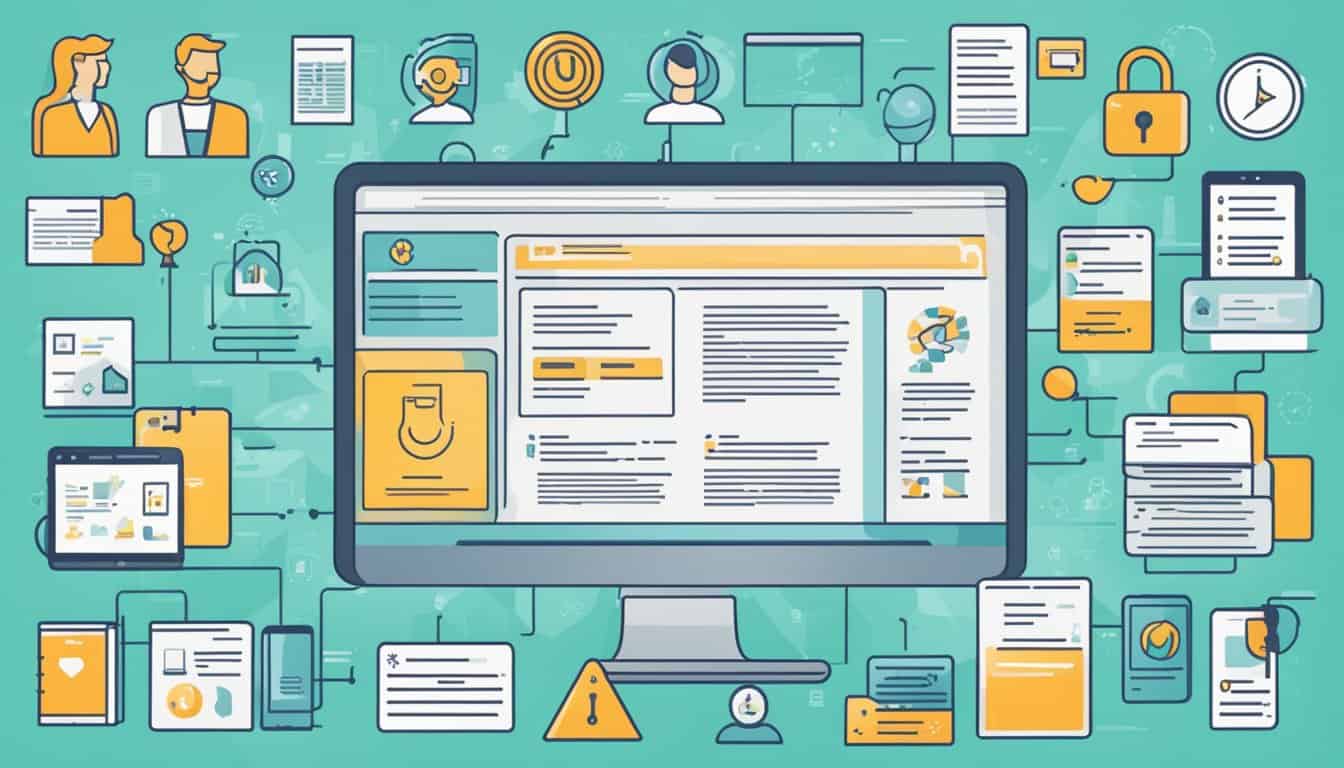In the digital age, understanding your rights online isn’t just a good idea—it’s essential.
As you navigate through websites, social media, and various online services, laws and regulations are in place to protect your personal information and ensure your freedom of expression.
With technology entwined in our daily lives more than ever, a solid grasp of these digital laws not only gives you confidence but also equips you to handle situations where your rights may be challenged.
Navigating the online landscape requires knowledge of key digital laws such as copyright and privacy regulations.
Copyright laws protect the creative work you find online, ensuring that the original creators get credit for their work and preventing unauthorized use.
On the other hand, privacy laws shield your personal data from being mishandled.
Understanding these regulations helps you to recognize and exercise your rights effectively, whether it’s controlling who has access to your information or knowing how your data is collected and used.
Digital Privacy Fundamentals
Before you dive into the nitty-gritty of digital privacy, it’s crucial you understand its basics and why it matters to you. Here’s what you need to know about the definition and importance of digital laws protecting your privacy.
Definition of Online Privacy
Online privacy refers to your right to keep your personal information out of the public domain and to control who can access it.
This includes anything from your social security number to your browsing habits. Various privacy laws ensure entities handle your data responsibly and provide you with tools to manage your digital footprint.
Importance of Privacy Laws
Privacy laws play a pivotal role in safeguarding your personal information on the internet.
They’re designed to protect you from unauthorized data collection and usage, giving you a say in how your details are used and shared.
With these laws, you have the power to hold companies accountable and demand transparency about their data practices.
Major Digital Laws and Regulations
In the digital world, your rights are protected by various laws and regulations designed to safeguard your personal data and ensure fair practices by companies.
General Data Protection Regulation (GDPR)
The GDPR is a comprehensive data protection law that affects entities within and dealing with the EU.
It gives you substantial rights when it comes to your personal data, like the right to access or delete your information. Companies must ensure strict compliance or face hefty fines.
Children’s Online Privacy Protection Act (COPPA)
COPPA restricts how information from children under the age of 13 is collected.
Websites and online services must have parental consent and display their privacy policies clearly to protect the online privacy of minors.
California Consumer Privacy Act (CCPA)
The CCPA provides California residents with rights similar to GDPR, like requesting to see all the information a company has about you.
Businesses are required to maintain specific privacy policies and practices for California residents.
Federal Trade Commission Act
Under this act, the Federal Trade Commission (FTC) has the power to prevent deceptive business practices.
This includes enforcing privacy policies and taking action against companies that fail to protect consumer data.
Electronic Communications Privacy Act
This act offers protection against unauthorized interception or disclosure of electronic communications.
It addresses both government surveillance and data protection, requiring law enforcement to obtain warrants for accessing electronic communications.
Protection and Security in the Digital Age

As you navigate the online world, it’s crucial to understand how to safeguard your personal information and cope with ever-evolving cyber threats. Let’s break down what you need to know.
Cybersecurity Measures
Cybersecurity is your digital defense system, designed to protect your online activities and sensitive information from unauthorized access and cyber-attacks.
A core component of this protection is understanding and implementing security measures.
- Strong Passwords: These are your first line of defense. Ensure your passwords are complex and unique for different accounts to prevent unauthorized access. Consider using a password manager to keep track of them.
- Privacy Settings: Be vigilant with your privacy settings on social media and other platforms. This helps in controlling who sees your information and what data you’re sharing.
- Security Software: Always use updated antivirus and anti-malware software to defend against malicious threats like malware, hacking attempts, and more.
These steps can help reduce the risks of data breaches, identity theft, and other forms of fraud. Always stay informed about the latest in data protection and cyber safety.
Understanding Your Digital Footprint
Your digital footprint is a trail of data you leave online, and knowing what’s out there about you is half the battle. Here’s how you can stay on top of it:
- Regular Monitoring: Keep an eye on your bank statements, social media, and other digital accounts for any unfamiliar activity that might indicate hacking or fraud.
- Sensitive Information: Be cautious about the personal details you share online. The more you share, the easier it is for cybercriminals to exploit your data for identity theft or other malicious activities.
By being proactive with your online privacy and data privacy, you’ll create a safer digital environment for yourself. Remember, your digital footprint is a reflection of your online presence—keep it clean and secure.
User Empowerment and Responsibilities

Empowering yourself in the digital space means taking control of your personal information and understanding how to navigate online platforms responsibly. Here’s how you can manage your data, prevent identity theft, and improve your social media literacy.
Managing Personal Information
You’ve got to keep a close eye on your personal data online. Treat your personal information like money – valuable and vulnerable.
Be selective about what you share and with whom. When signing up for services, check out their privacy settings, and adjust them to limit third parties from accessing your info. Regularly review your online accounts and remove personal details that aren’t necessary.
Preventing Identity Theft
Identity theft isn’t just upsetting; it can wreak havoc on your life.
To protect yourself, use strong, unique passwords for different accounts, and change them often. Don’t hesitate to enable two-factor authentication for added security.
Be wary of phishing scams; verify the authenticity of requests for your personal information and never share your sensitive details via unsecured channels.
Social Media Literacy
Social media’s a great tool for staying connected, but it’s not without its pitfalls.
Understand the impact of oversharing and the risks it poses to your privacy. Be kind and thoughtful; cyberbullying is a real problem that can have serious consequences.
Educate yourself on how to recognize credible sources to avoid spreading misinformation. Remember, your online behavior should mirror your offline values centered around trust and responsibility.
The Future of Digital Laws

As digital technology advances, the laws and regulations surrounding it evolve as well. You’re about to dive into how emerging trends and ethical considerations are shaping the future of digital legislation.
Emerging Trends in Regulation
You may have noticed that online privacy is taking front stage in legislative efforts.
For instance, forward-thinking lawmakers in the US have been working on a basic right to digital privacy. This isn’t just happening in the US, but across the globe, as seen with the EU’s Digital Services Act.
This act, effective from February 17, 2024, outlines how online platforms should respect users’ rights in the EU.
With innovation accelerating, regulations are adapting to new forms of data sharing and tracking, aiming to balance technological progress with user protection.
New legislations like these typically address:
- User Consent: You have more control over who uses your personal data.
- Jurisdiction: Laws are adapting to the global nature of the internet, focusing on protecting your rights regardless of where companies are based.
Artificial Intelligence and Ethics
When it comes to AI, ethics is a big deal. The conversation isn’t just about what AI can do, but what it should do.
With AI’s increasing role in everyday life, you’re looking at a future where AI regulation is essential to safeguard everything from your personal privacy to whole nations’ security.
Key considerations for AI in digital laws include:
- Accountability: Who’s responsible when AI makes a mistake?
- Transparency: Understanding how AI systems make decisions is crucial.
The future of digital laws is undeniably intertwined with your online behavior and the ethics of AI. Balancing innovation with rights and freedoms remains a challenge that legislators will continue to address.

